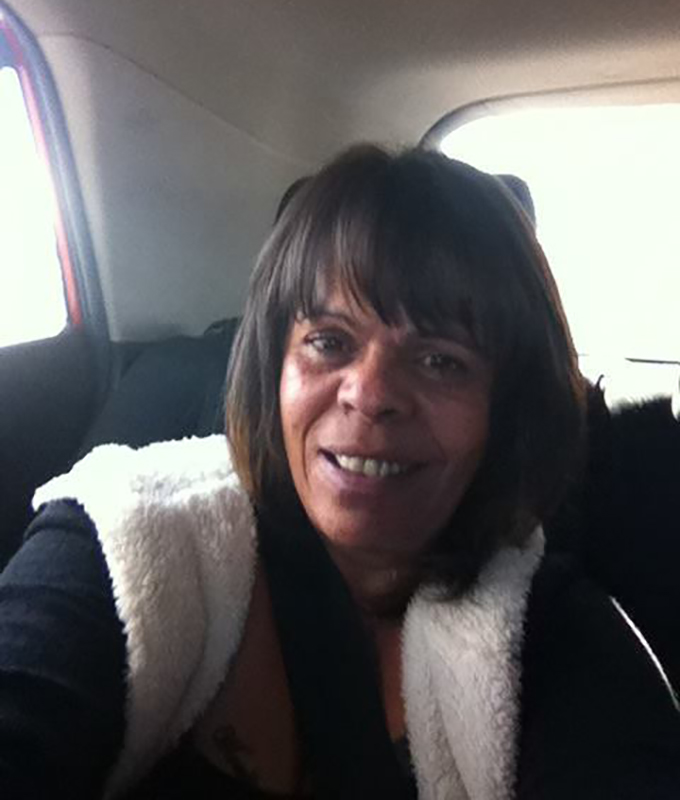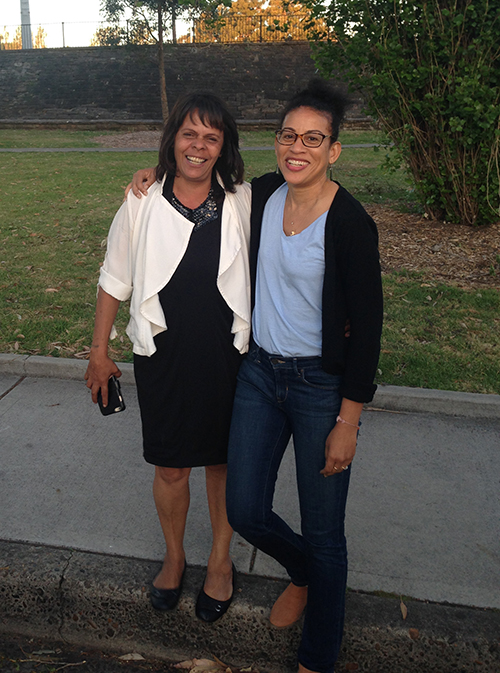
SPECIAL REPORT: Laura Lyons has been battling the New South Wales and Australian government to have her three children returned to her since they were forcibly removed on 4 December 2015. The children were taken from their local school because of allegations of alcohol abuse, drug abuse and neglect. Laura — who says that she has not drunk alcohol in 27 years nor does she take drugs — claims that the children were taken from her because of a vengeful social worker and a “racist corrupt child welfare system that provides exorbitant financial rewards to foster caregivers”.
Dr Camille Nakhid continues her series on Australia’s shame, the unending Stolen Generation.
Following strong advocacy and persistent lobbying from Laura Lyons, the Grandmothers Against Removals (GMAR), and Werribee*, two of Laura’s children, aged 12 and 9, were finally removed from the homes of strangers and placed with family. However, Laura’s 11-year-old daughter, was placed in a specialised therapeutic placement in Newcastle. The child has since reported being abused by the caregivers in the placement and by the manager who, during an incident, sat on the girl’s back in an attempt to forcibly restrain her, resulting in the young girl being admitted to hospital.
The daughter has run away from the centre on numerous occasions and has fallen prey to strangers who have offered her cigarettes and “drugs to snort up her nose”.
Laura Lyons’ complaint to one of the New South Wales police/station officers in October 2016 about the claims of abuse made by her daughter Laura was met by Detective McClarke from the Marrickville Police Station who confirmed that indigenous children are routinely abused in foster care.
Laura claims that the placement of her daughter with strangers has resulted in psychological and emotional trauma for both her and her daughter.
Laura’s children, who had previously been moved from one placement because of sexual abuse claims made by the daughters against the 17-year-old son of a foster caregiver had, on several occasions, begged the Department of Family and Community Services to be returned to their mother’s home.
Laura’s four grandchildren who were also removed from their mother’s home in 2014 are still in the custody of caregivers of the state.
Laura is aware that it is a long process to get her children and grandchildren back but with the support of GMAR and Werribee she vows to continue fighting. GMAR operates to visit and support grandmothers who have had their grandchildren taken away from their parents. GMAR is aware that it is not only the children and parents that are left traumatised by these events but the wider family and community.

Fathers have also been affected by the forced removal of their children. Laura claimed that in the central tablelands of New South Wales, as many as 26 children were removed from single fathers in one month.
In December 2016, GMAR, along with other interest groups and organisations focused on human rights joined together to support each other and to fight for the future of Australia and of Australia’s children.
GMAR has developed a set of guiding principles about the removal and placement of Indigenous Australian children. The principles include:
- placing the child in an environment where the child is raised with a positive awareness and knowledge of their culture,
- parents are consulted,
- children are placed with family members, and
- siblings are not separated from each other.
Laura says the social workers need to be aware of, and trained about, these principles.
Laura believes that the ongoing problems with her youngest daughter are because of her being placed in isolation at the residential facility and disconnecting her from her family.
“For Aboriginal people, that’s the most important thing — family and culture. Without that, you got nothing. You’ve got absolutely nothing. You will lose your self-identity”.
Update: After moRe than a year of fighting to bring awareness of the harmful and discriminatory practice of the forced removal of Indigenous Australian children from their families, Laura’s children have all been restored to her care in April with the help and support of GMAR and Werribee.
“Now my children have been restored to my care, it’s time to commence the healing process and that’s going to be quite challenging,” says Laura.
Laura Lyons continues to fight to bring about change within a “racist genocidal system”. She continues with her dedication to support other families who are also victims to this system.
“With the over representation of Indigenous children in ‘out of home’ care, we need to form solutions to reduce these numbers and prevent our children from getting lost in the system”.
Laura’s grandchildren have also been returned to their mother.
* Werribee is a self-help support group founded by Laura Lyons and her daughter Bianca. Werribee is a Wiradjuri word that means backbone.
Associate Professor Camille Nakhid has written a series of articles about the Stolen Generations. Other articles can be viewed here. Pacific Media Watch contributing editor Kendall Hutt assisted with today’s publication by transcribing the interview.
Other Stolen Generation stories on Asia Pacific Report:
- Uncle Shane on Australia’s shame
- A Wiradjuri grandmother’s sad story: ‘The Stolen Generations have never stopped’
- Still stealing the generations
- GMAR wins justice award
More about Grandmothers Against Removals
If you wish to donate to GMAR, click on this link:
If you want to sign the petition, click here











































